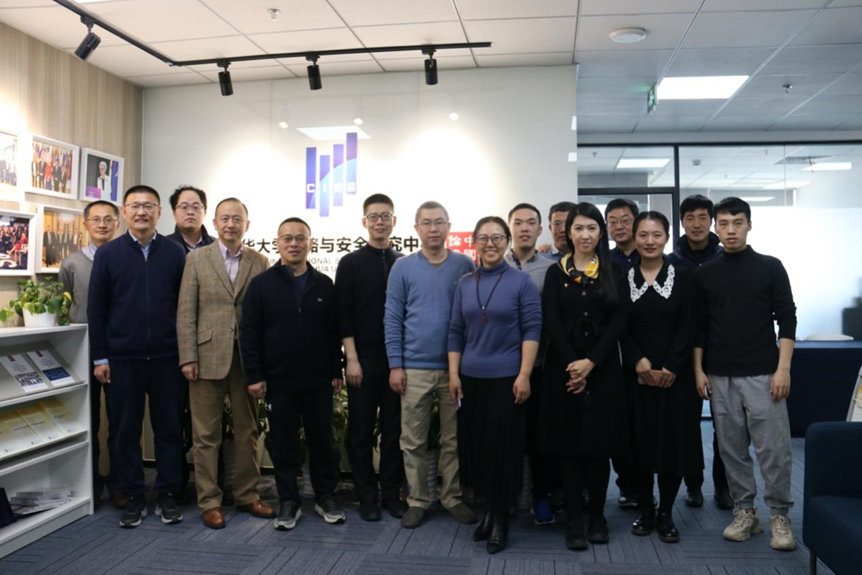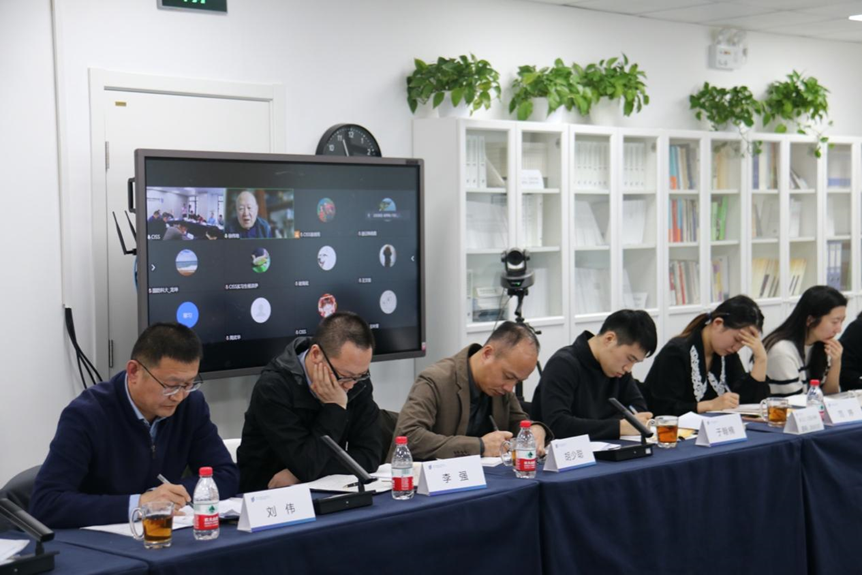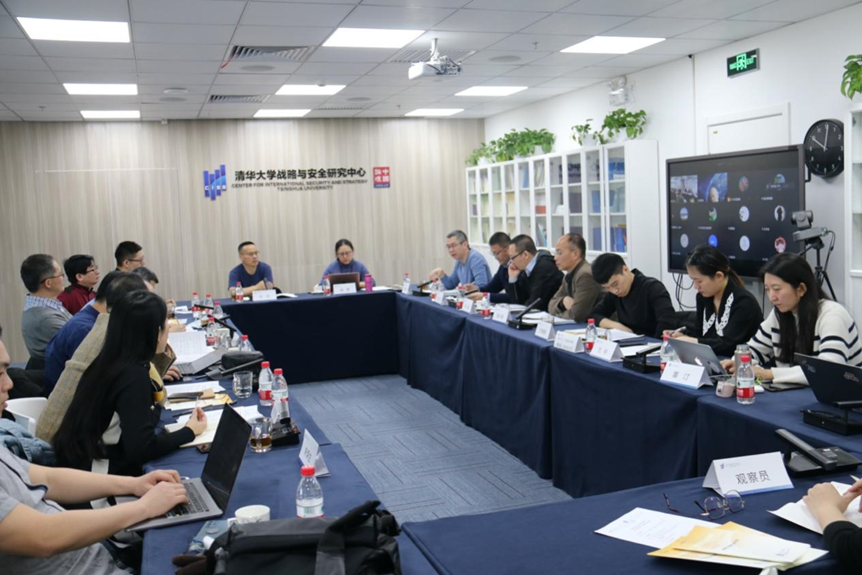On February 25, 2022, the Center for International Security and Strategy (CISS) of Tsinghua University held the 29th Security and Strategy Seminar themed “Governance of the AI International Security ,” with CISS Deputy Director CHEN Qi as moderator.

The meeting featured LI Chijiang, Vice President and Secretary-General, China Arms Control and Disarmament Association (CACDA); LI Peng, Deputy Secretary-General, CACDA; HU Shaocong, Associate Researcher, CACDA; HAO Yinghao, Senior Engineer, Academy of Electronics and Information Technology, China Electronics Technology Group; LIU Wei, Professor and Director, Lab of Human-Computer Interaction and Cognitive Engineering, School of Artificial Intelligence, Beijing University of Posts and Telecommunications; LI Qiang, Associate Professor and Director, Institute for Military Law Studies, China University of Political Science and Law; LIU Chong, Executive Director, Institute of International Security Studies, China Institutes of Contemporary International Relations; WANG Wenjia, Assistant Researcher, Institute for Defense Technology and Strategic Studies, National University of Defense Technology (NUDT); WU Riqiang, Associate Professor of International Relations and Researcher, National Academy of Development and Strategy, Renmin University of China; XIE Haibin, Professor and Vice Dean, College of Intelligent Science and Technology, NUDT; XU Weidi, former Researcher, Strategic Research Institute, National Defense University; XU Yuan, Professor and Director, Center for Strategic Studies, Qiyuan Lab; XIAO Qian, CISS Deputy Director; ZHOU Bo, CISS Fellow; and CISS Research Associates DONG Ting and ZHU Rongsheng.


Taking a deep dive into the governance of the AI international security, the participants believe that AI militarization has become a focused concern of the international community, as countries released AI ethical principles, norms, laws and regulations one after another. In terms of global governance, there have been multiple initiatives put forward by different actors on developing relevant systems and norms, and a preliminary consensus has been reached. In this context, China should actively engage in the governance of AI international security, explore the development of relevant international rules, and regulate AI application in military, so as to ensure that AI is used for good.
